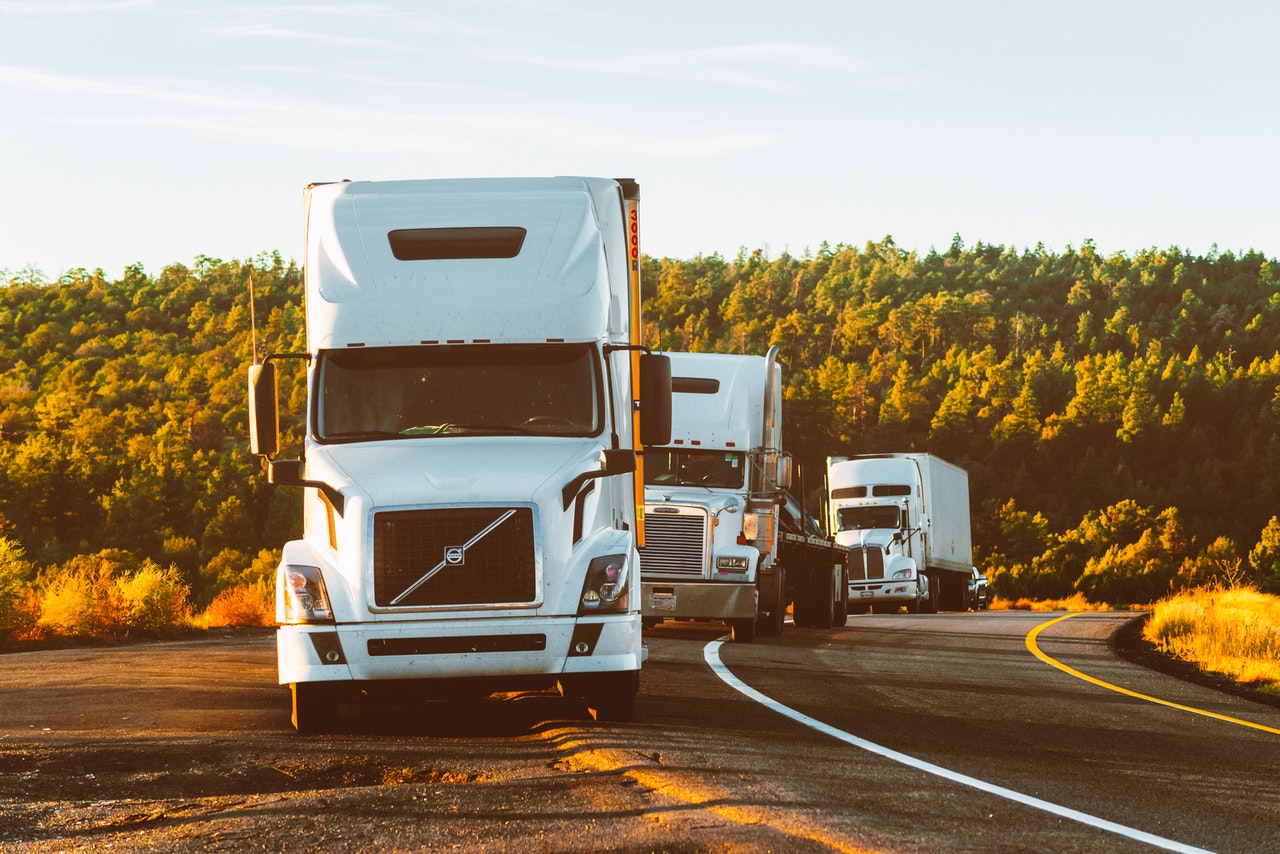While the focus for years has been on autonomous cars and on what they'll do for safety, for auto insurance, for our lifestyles and more, a disruption is taking shape in the nearer term: autonomous trucks.
The fear factor has obscured that vision. While it is odd enough to drive down a street in Phoenix and see a Waymo minivan next to you without a driver, it's hard to imagine anyone setting loose on a highway an 18-wheeler carrying 50,000 pounds without anyone at the wheel.
But we're close.
If you can get the image of a hulking semi out of your mind, highway driving makes perfect sense. The issues that have slowed deployment of autonomous cars all relate to the vagaries of us humans. The technical problems related to snow, rain, fog, etc. have all been solved. But is that driver going to shove his way into the intersection even though he doesn't have the right of way, or will he wait for the AV? What about that pedestrian walking against traffic? That bicyclist who seems confused? Does the ball that rolled into the street mean a little kid is about to follow it from behind the double-parked van? But highway driving takes away a huge number of the human variables -- no pedestrians, no cyclists, far less merging with other vehicles.
Autonomous trucks can basically just get on a freeway and go straight until they need to get off. They solve a real problem, too. By law, truck drivers can only drive 11 out of every 24 hours. That means trucks, with valuable cargo, sit 13 out of every 24 hours. It also means that trucking companies are always short of drivers. But autonomous trucks would be able to go 24/7, cutting many trips in half and making trucking much more efficient.
The change would have broad implications, including for insurers that cover truck fleets and their cargo and for those that cover workers -- some driver jobs would disappear, while others would morph to handle changes in loading and unloading, refueling and more. For instance, some drivers might become specialists in the "first mile" or "last mile," taking an autonomous rig through complex city traffic out to the freeway or picking a rig up on the freeway and navigating it to its final destination, much as captains who know a harbor have long done with ocean-going cargo ships.
Change won't happen overnight. Trucks still have to overcome that first-mile/last-mile problem -- a high-profile startup shut down last year after trying to have drivers use virtual reality to take control of trucks whenever necessary. Autonomous trucks will also be more complicated mechanically than cars for the foreseeable future. While autonomous cars will all be fully electric, the batteries necessary to run trucks are so heavy that they cut into mileage too greatly, so autonomous trucks will not only need to have enough battery power to run all the sensors and computers but will still require an internal combustion engine.
Still, workarounds are developing, and autonomous trucks are making great progress. For instance, Locomation offers what it calls autonomous relay convoys, which combine two human drivers and two autonomous vehicles. Each human drives a rig to the freeway, where one then takes charge of driving. The other's rig switches to autonomous mode and follows the lead rig, while the human in the trailing vehicle rests. When the first driver's 11 hours are up, the rested driver takes over. Whenever the trucks need to split up to go their individual destinations, the respective drivers simply take control.
These sorts of convoys would barely make a dent in the potential of autonomous vehicles, but they do solve a real problem, and they provide a start for the long adoption curve ahead of us.
While the idea of having 50,000 pounds barreling down the freeway without a human at the wheel may still be intimidating, think of it this way: Truck drivers are up so high up that you rarely notice them, unless they've done something aggressive and you're looking for the driver because he's ticked you off. And AVs are by nature so cautious that you'd almost never try to stare down their driver. So you may not even notice the transition to automated trucks.
Cheers,
Paul



